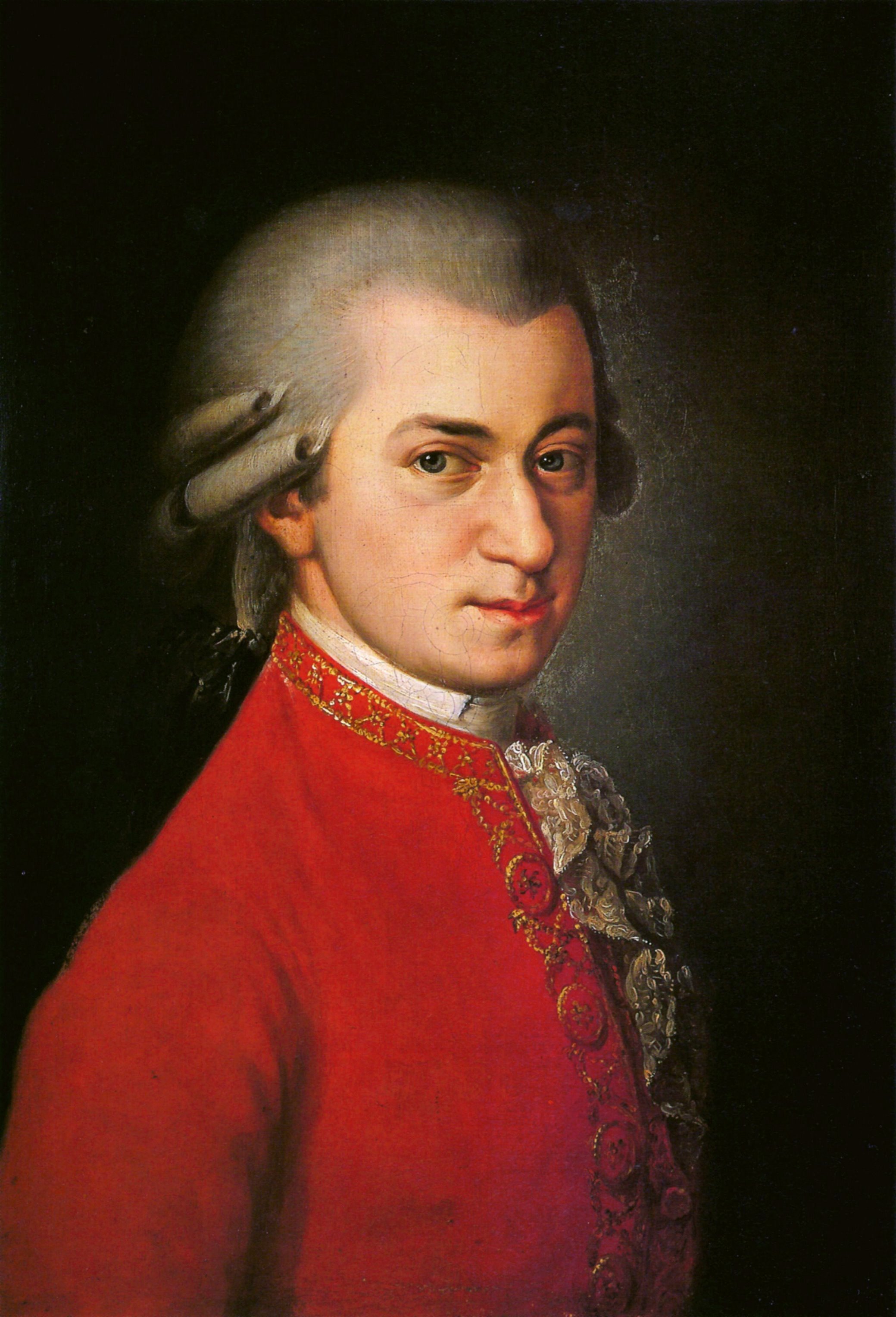
Is there one field or discipline that you feel was tailor made for you? Do you feel excited about the idea of working in that field? Don’t ignore that excitement. It makes you different because it means you are willing to fight to be there. That fight it a big deal. Many talented people quit early because they don’t have that fight. But how do you go from interest to the mastery required to be there?
In his book, Mastery, Robert Greene suggests you begin with making learning your first priority. The focus shouldn’t be on a prestigious job or internship but what ever foot in the door you can find that will give you practical knowledge. This was the approach Benjamin Franklin took when finding his first job. He was offered the chance to take over his father’s lucrative candle-making business but instead opted for an apprenticeship at a printing business where he could learn how texts were composed, a key position for a young writer to gain experience that would later benefit his body of work.
Accelerate Your Learning
If learning is good, then learning specifically from a mentor is the best version of that. Instead of just reading about the industry you will be able to obtain first hand knowledge from someone already in the field. Use this time to sharpen your observation skills. What do they do that wasn’t mentioned in the guides, books, and classes? Aim to match your mentor and then push yourself to surpass them.In the process of learning we soaking up the ways masters before us tackled problems. We paint in their style, practice their thought patterns and learn their techniques. However, to truly have a unique expression of our newly found skills we must take a step back to think freely. You know how to paint now, could you do it differently? You built a business, but could you structure it more efficiently? You know how to write properly but if you rearranged things what would happen?
Mozart Was Not Always Mozart

Before Mozart composed his own music he played the classic arrangements of the time. After he had mastered them he grew tired of playing the same music and decided to fuse the styles he knew with some additions of his own forming the classics we know today. However, this free thinking isn’t an easy thing to do. If it was everyone would be Mozart. Fortunately, the masters of the past have answers there too in the form of helpful tricks for creative problem solving. The first is to not always assume there is one way to answer the problem. We often find one way to do something and assume it always works, however, this is often not the case. A simple question of “Is this really the best way to answer this particular problem?” can bring new inspiration. Secondly, we must train ourselves to make new, uncommon connections. Practically a great way to do this is to spend time on the problem and then take a break to do something entirely different. Paint for an hour then go for a walk. Work on a business plan then go play tennis. By changing your environment and activity quickly you enable your mind to connect seemingly unconnected lines of thought. Mastery is not reserved for the super humans among us. Focused learning, deliberate practice and pushing through problem solving frustrations are possible for anyone that truly has a desire to become a master.









